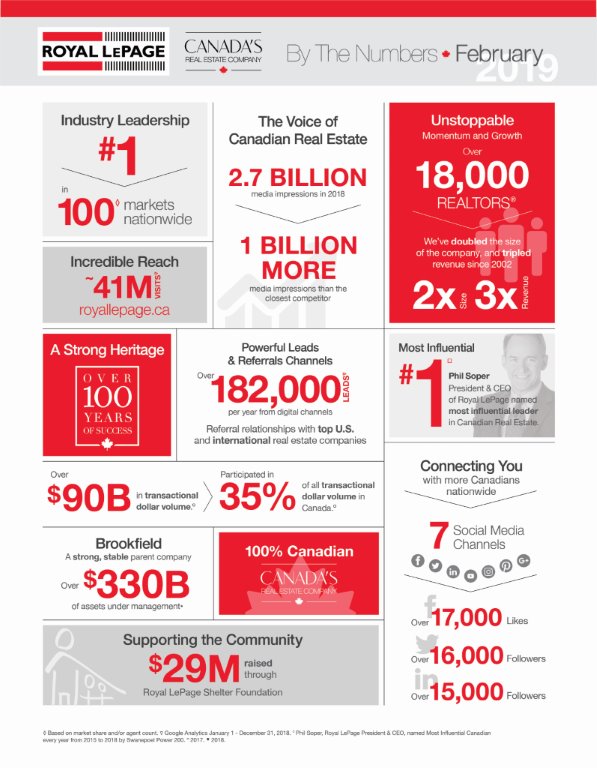2018-11-08T13:19:35-08:000000003530201811 |
CREA News |
BC Home Sales to Rise in 2019
BCREA 2018 Fourth Quarter Housing Forecast
Vancouver, BC – November 8, 2018. The British Columbia Real Estate Association (BCREA) released its 2018 Fourth Quarter Housing Forecast today.
 Multiple Listing Service® (MLS®) residential sales in the province are forecast to decline 23 per cent to 80,000 units this year, after recording 103,768 residential sales in 2017. MLS® residential sales are forecast to increase 12 per cent to 89,500 units in 2019. The 10-year average for MLS® residential sales in the province is 84,800 units.
Multiple Listing Service® (MLS®) residential sales in the province are forecast to decline 23 per cent to 80,000 units this year, after recording 103,768 residential sales in 2017. MLS® residential sales are forecast to increase 12 per cent to 89,500 units in 2019. The 10-year average for MLS® residential sales in the province is 84,800 units.
“The marked erosion of affordability and purchasing power caused by the mortgage stress test and rising interest rates continue to be a drag on the housing demand,” said Cameron Muir, BCREA Chief Economist. “However, continuing strong performance in the economy combined with favourable demographics is expected to push home sales above their 10-year average in 2019.”
Despite the mortgage policy drag on the sector, strong performance of the BC economy continues to be highly supportive of housing demand. Five consecutive years of above trend growth in the province has led to a high level of employment and an unemployment rate that appears to be at a cyclical low.
The combination of fewer home sales and a larger inventory of homes for sale has helped trend most markets to balanced conditions. As a result, home price growth has slowed considerably, and is expected to more closely reflect overall consumer price inflation through 2019. In addition, a record number of homes are under construction in BC, which will provide for much needed expansion of the housing stock and greater price stability.



